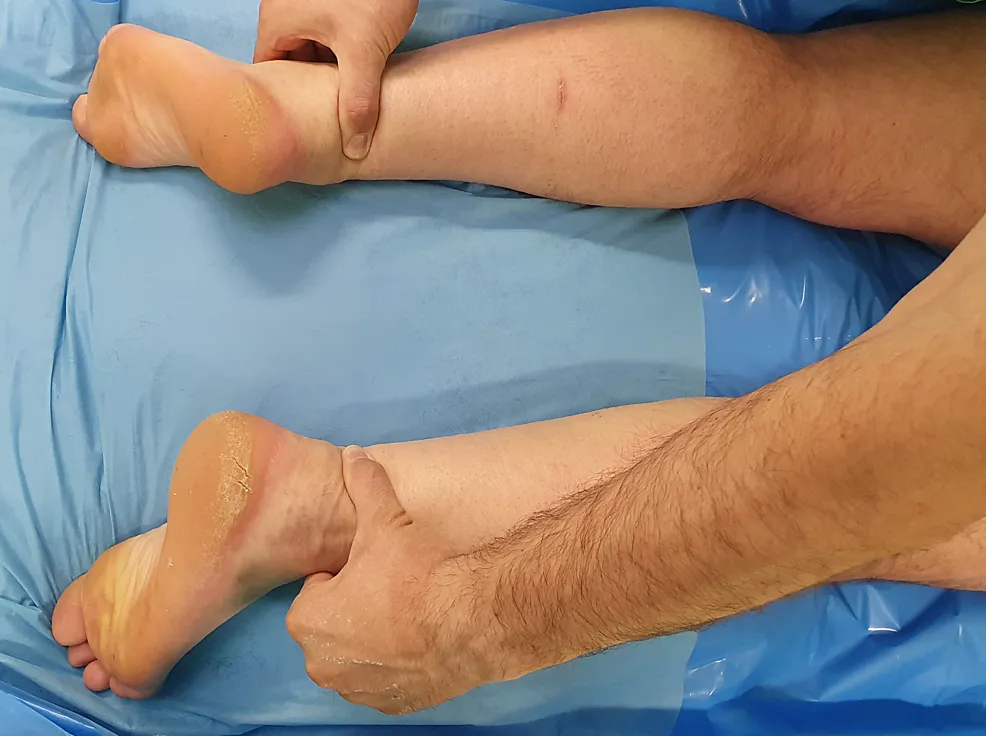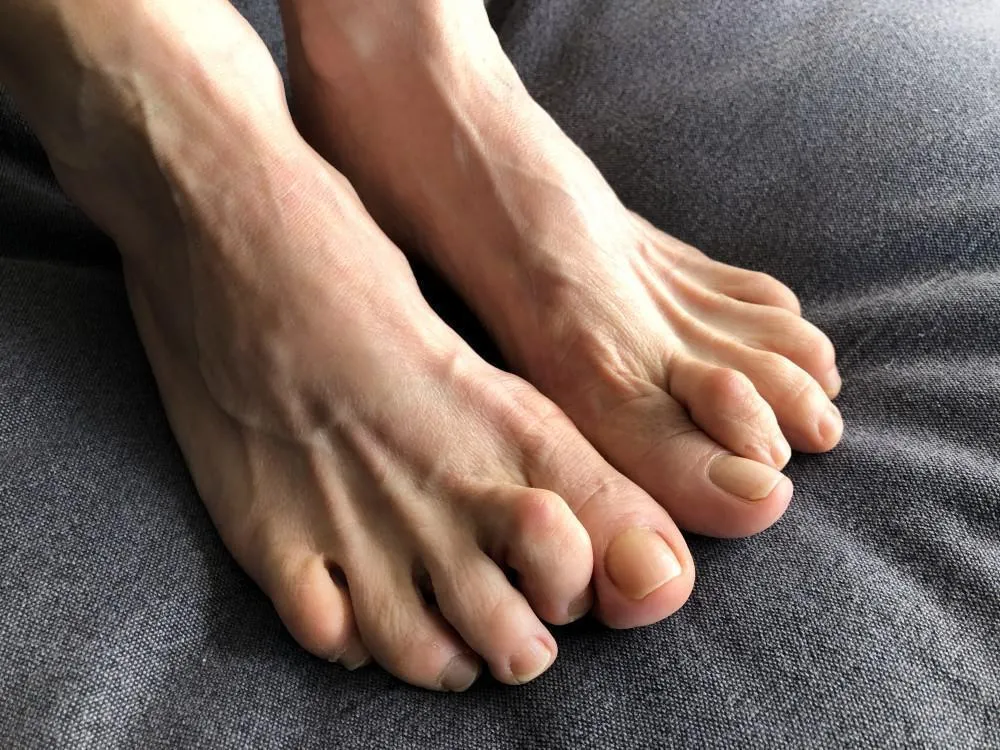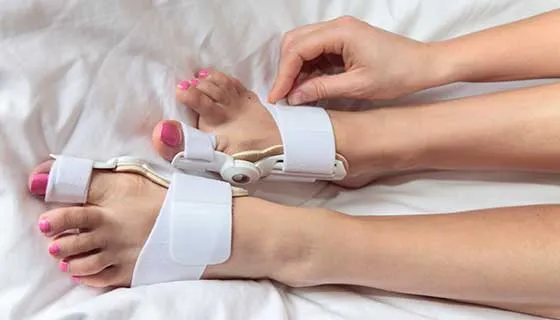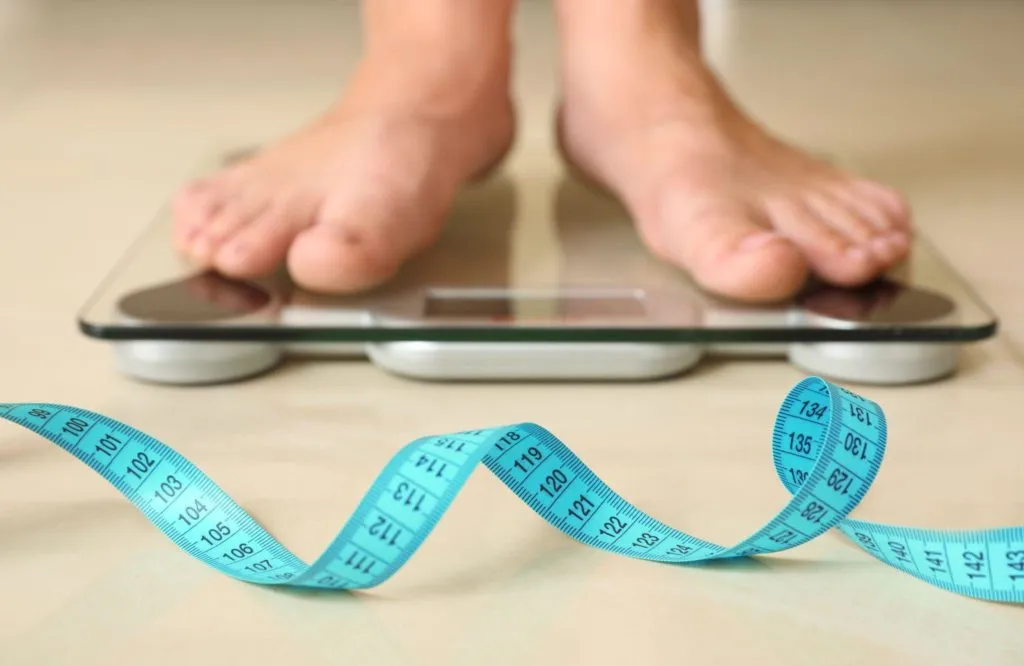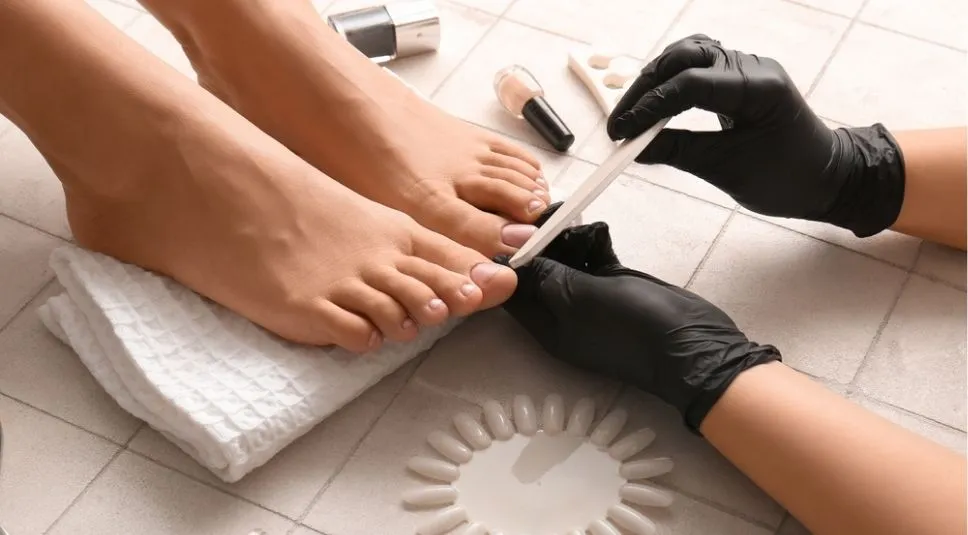Although often associated with athletes and people who are highly active, Achilles tendon injuries can affect people of all ages and fitness levels. This is unsurprising when considering that the Achilles tendon is the largest tendon in the body. It goes from the bones of your heel, up to your calf muscles. This tendon supports the normal movement of your foot and ankle.
Injuries are fairly common and can range from mild to severe. Light to moderate injuries are usually indicated by pain, stiffness, or a burning sensation around the tendon. If the pain is severe and limits your mobility, it could be that the tendon is torn or fully ruptured.
A foot and ankle specialist can diagnose problems with the Achilles tendon, whether you’re suffering from a mild injury or a complete rupture. Learn more about the signs and symptoms before you visit your Podiatrist Boynton Beach.
Leading Causes of Achilles Tendon Rupture
While Achilles tendon injuries can affect anyone, complete ruptures usually occur in those who are physically active. Injuries are most likely during activities with a lot of movement where you are on your feet, speeding up, pivoting, and slowing down in short bursts.
Sports like football, baseball, basketball, tennis, volleyball, dance, gymnastics, and a range of track events that incorporate running can increase the risk of injury.
Even if you aren’t highly active, regular stress or sudden movements could cause a tear or rupture. Men over 30 have high risk, but women can also suffer from Achilles tendon injuries that require treatment with a podiatrist Boynton Beach.
Wearing high heels, for example, places stress on the tendon and increases the risk of injury. People with flat feet also face a higher risk of injury because each step causes the arch of the foot to collapse, increasing the strain on the tendon and supporting muscles.
Some medicines, including antibiotics like fluoroquinolones, can increase the chance of suffering from an Achilles tendon injury.
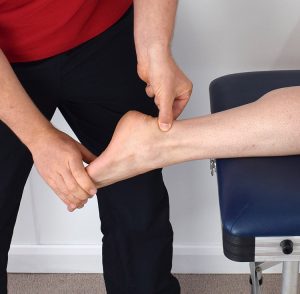
What are the Most Common Symptoms?
Pain is the key symptom that indicates damage to an Achilles tendon. If you have suffered a light or moderate injury, you will feel pain above the heel, which worsens when you shift weight to your toes or stretch your ankle. The pain may increase over time without treatment from a Podiatrist Boynton Beach.
Achilles tendon ruptures create pain that is instant and severe. The area will become stiff, swollen, and tender to the touch. Inflammation will take hold quickly. Ruptures can produce a snapping sound when they occur. Bruising can start to appear within a matter of hours.
Depending on how severe the damage is, you may find it difficult or impossible to walk. You could lose mobility and be unable to point your toes towards the ground or push off your foot when attempting to take a step.
For anything but minor pain and inflammation, it’s critical that you see a foot and ankle specialist as soon as possible. A Podiatrist Boynton beach will perform a complete physical examination to determine the extent of the injury and the best course of treatment.
Diagnosis and Treatment for Achilles Tendon Injuries
A doctor can diagnose a damaged or completely ruptured tendon through physical examination. Fully ruptured tendons can be identified through a squeeze test. This test can indicate a complete rupture. When a healthy calf muscle is squeezed on the examination table, it causes the foot to move. In cases of a complete rupture, the foot will not move, because the Achilles tendon is no longer connected.
Getting Treatment with a Podiatrist Boynton Beach
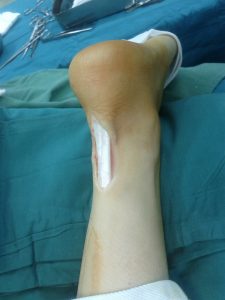
Minor injuries can be treated with rest, anti-inflammatory medication, immobilization, and rehabilitation to strengthen and improve flexibility once the tendon has healed.
Complete ruptures will require surgery with a foot and ankle specialist. Anything more than minor pain should be immediately presented to a podiatrist. After 48 hours, the likelihood of restoring the tendon to its original condition is reduced. Surgery involves reattaching the tendon through a single incision (open surgery) or through several smaller incisions (percutaneous surgery).
Your foot and ankle specialist will explain your treatment options in detail so that you are comfortable as you move forward in the process. The tendon usually heals within eight weeks, but it can take up to 12 months before athletes will be competition-ready. Rehabilitation is key to restoring full mobility and performance.
Visit a Specialist Foot and Ankle Doctor in Boynton Beach
If you suspect an Achilles tendon injury, it’s important that you get an expert opinion. Immediate treatment may be necessary, and in cases of ruptured tendons, time is important.
The Foot, Ankle & Leg Vein Center is your local podiatrist Boynton beach. We diagnose and treat all kinds of foot and ankle pain, including Achilles tendon damage and complete ruptures.
Dr. Jason Gold is a foot and ankle specialist with extensive experience in sports medicine. Our surgery is preferred by athletes throughout South Florida. Contact us today and have peace of mind knowing that your injury will be treated, with rehabilitation that brings you back to peak condition.
